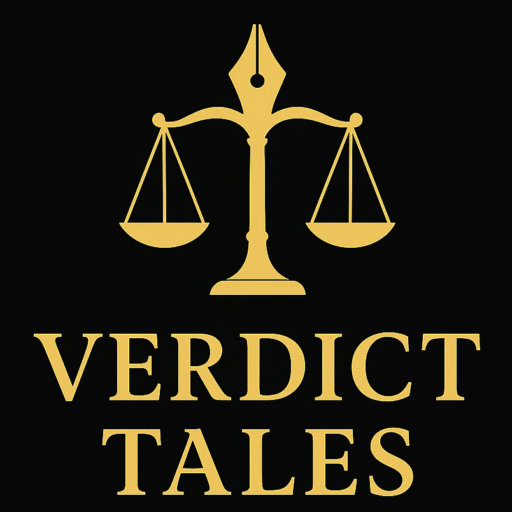
A man bought a “total loss” car from an insurance company but couldn’t register it. Supreme Court of Pakistan ruled in his favor. Read the full story and legal lesson in simple words.
A Damaged Car, A Costly Mistake: Karim Gul’s Story
Imagine spending thousands to buy and fix up a car—only to find out you can’t even register it in your name.
That’s exactly what happened to Karim Gul, a regular man who bought a badly damaged Suzuki Baleno from Universal Insurance Company. The car had been declared a “total loss” after an accident, so the company sold it as scrap (salvage) for Rs. 130,000.
Karim, hoping to make the most of a bargain, poured Rs. 470,000 into repairs to bring the car back to life.
But when he went to the registration office, they hit him with shocking news:
“This vehicle number already exists. These documents aren’t genuine.”
He was left with a fixed-up car that he couldn’t legally drive or sell. So he took the insurance company to court—and what happened next shaped the future of how such cases are handled in Pakistan.
What Did the Court Say?
The Supreme Court of Pakistan ruled that:
“Universal Insurance couldn’t just sell him a wreck and walk away. They had to make sure what they sold him was what he expected: a usable car.”
Even though the car was labeled as a “total loss,” the court said the term was ambiguous. It could mean:
– A car that’s completely wrecked (actual total loss), or
– A car that’s not worth repairing but still a car (constructive total loss)
Since the insurance company wrote the contract, the court applied a legal principle called “contra proferentem”. That means:
When words in a contract can have two meanings, the one that goes against the person who wrote them is chosen.
So the court decided the car was still a car, and Karim had the right to expect it could be registered and used.
The insurer’s failure to provide valid documents caused him financial harm—and they had to pay up.
What’s the Law Behind It?
Here’s what made this case important:
– Under the Sale of Goods Act, 1930, the definition of “goods” includes anything movable—even damaged items.
– But when a seller sells something, the buyer has a reasonable expectation of what they’re getting.
– If that expectation is not met, and especially if the contract terms are unclear, the seller can be held liable.
Lessons for Common People
This case teaches some powerful lessons for anyone buying used or damaged goods—especially vehicles:
✅ Read the contract carefully. If something isn’t clear, ask before signing.
✅ Don’t rely on verbal assurances. Always get everything in writing.
✅ Even if a sale is “as-is,” the seller can still be responsible if you were misled.
✅ Insurance companies aren’t always right. If you’re wronged, the courts can help.
FAQs – Your Questions Answered
Q: Can I sue if I buy a salvage car and can’t register it?
A: Yes, especially if the seller gave you false or incomplete paperwork, or misled you about the condition.
Q: What does “total loss” really mean?
A: It can mean the car is either fully destroyed or just too expensive to fix. This case showed that the meaning must be clearly stated.
Q: What if I signed a vague contract?
A: Courts may still help you—especially if you didn’t write the contract and were misled.
Q: What is “contra proferentem”?
A: It’s a legal rule that favors the person who didn’t write the contract when there’s ambiguity.
Final Thought
If you’re ever buying a damaged car—or anything second-hand—don’t just trust the label. Ask questions. Read every word. And remember: the law protects those who act in good faith.
Supreme Court of Pakistan judgment in Civil Appeal No. 1280 of 2019 (Universal Insurance Company Ltd. vs. Karim Gul)




